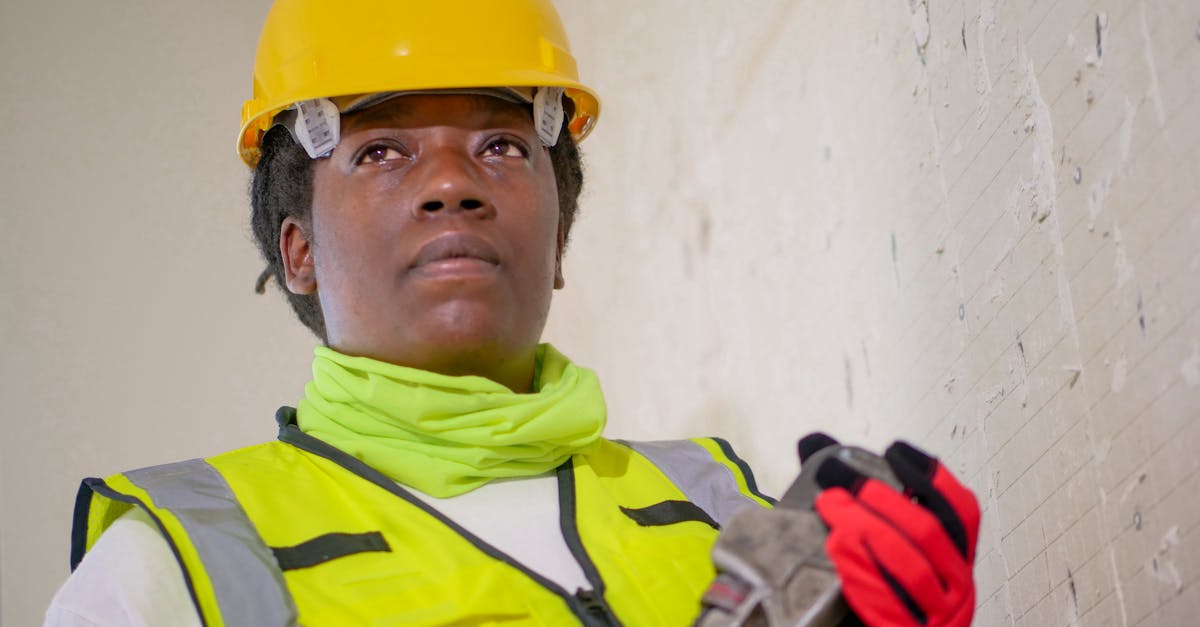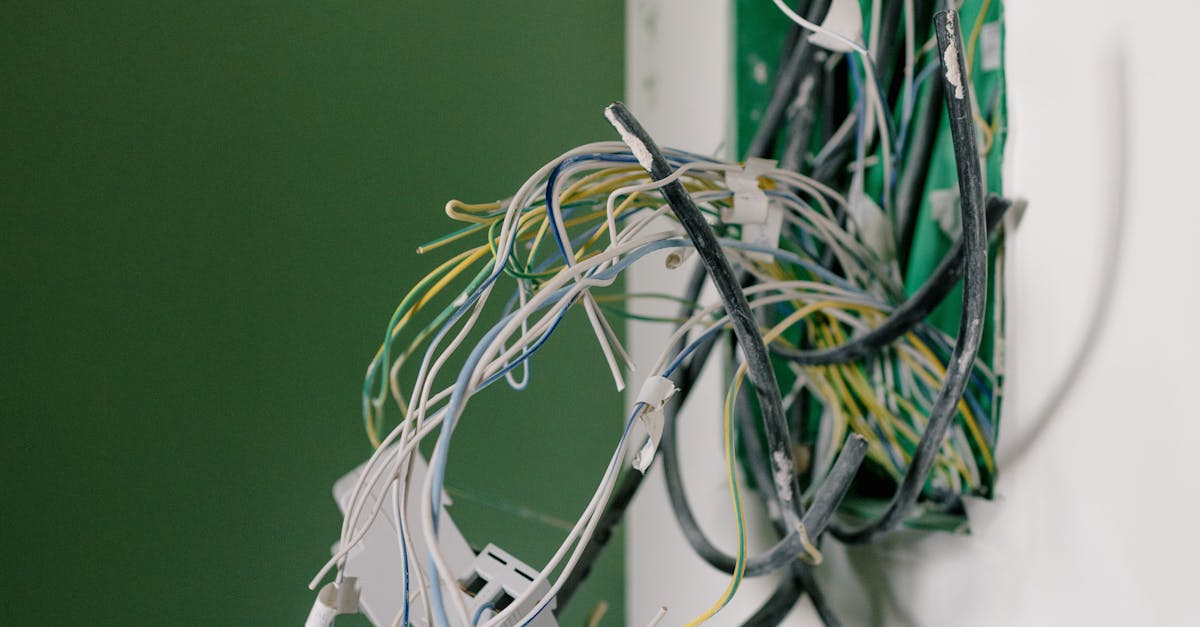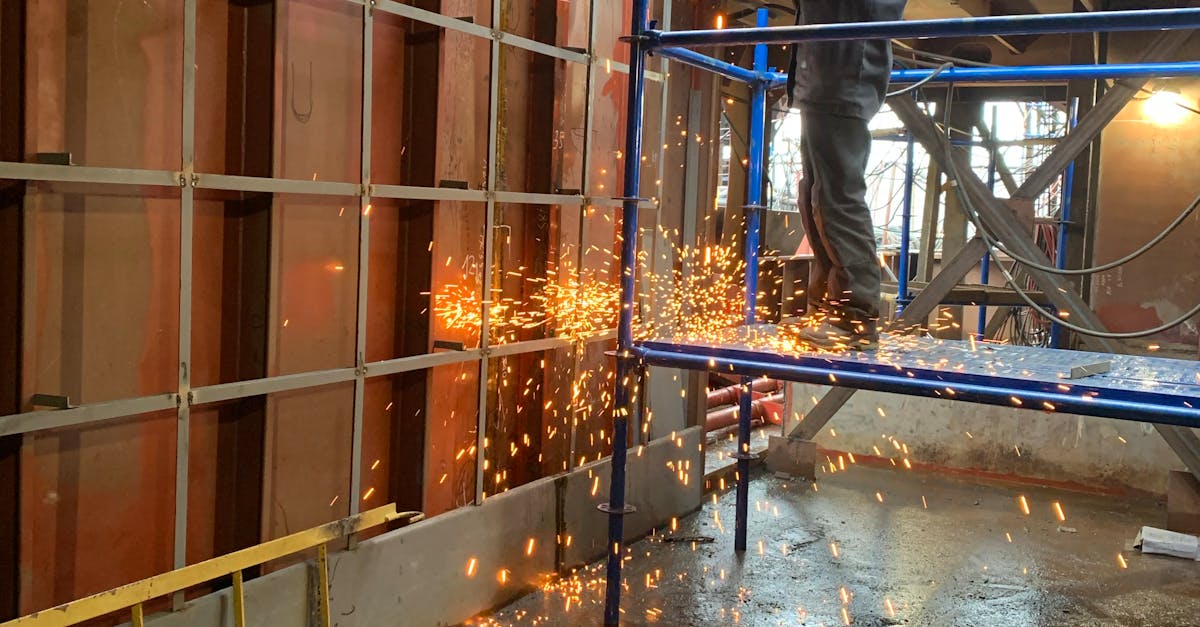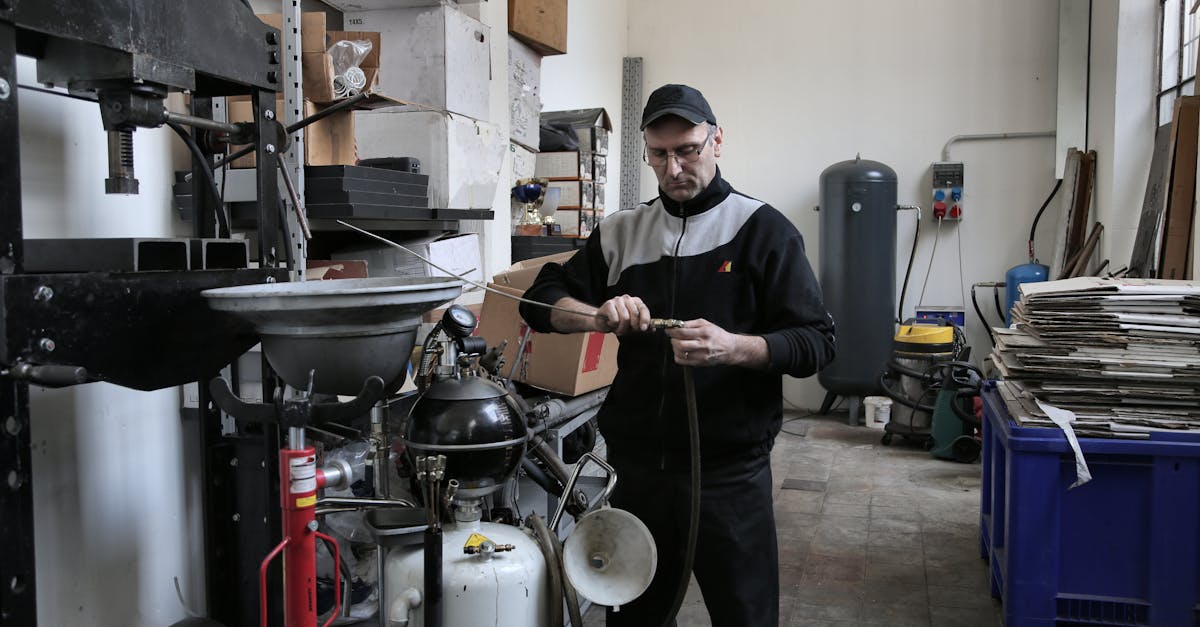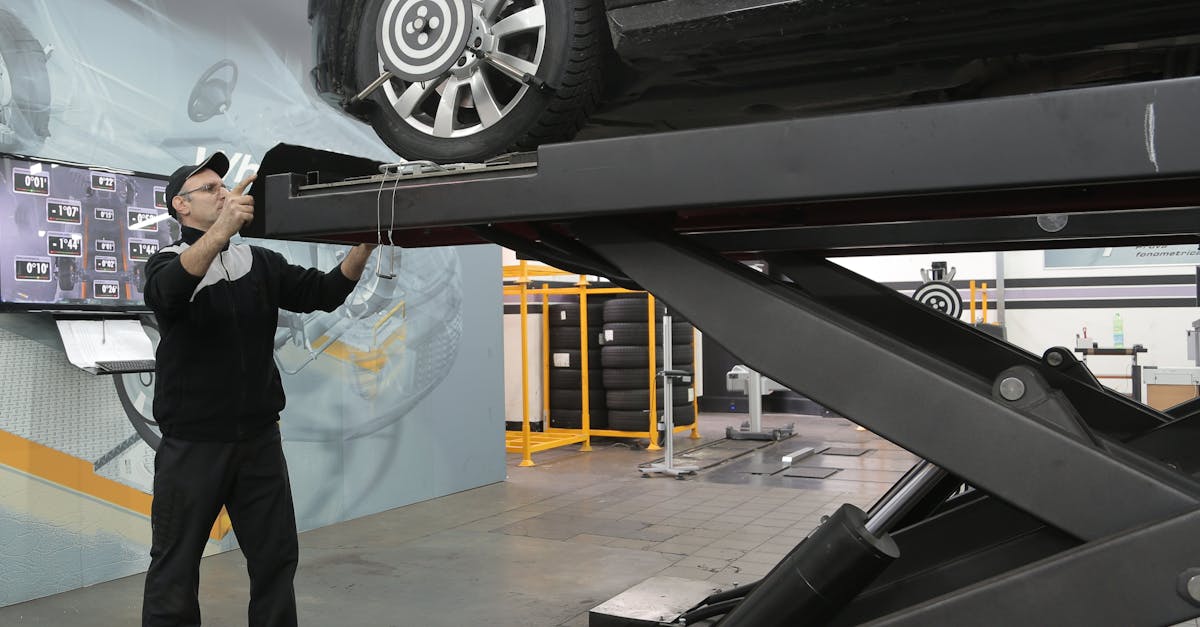
Table Of Contents
Disadvantages of Gas Water Heaters
Gas water heaters present several disadvantages that homeowners should consider before making a choice. One of the main concerns involves safety. The risk of gas leaks exists, which necessitates regular maintenance and vigilant monitoring. Any installation demands adherence to stringent safety standards to ensure that harmful gases do not accumulate. Additionally, the presence of gas lines makes the installation more complex compared to electric alternatives, adding to the overall requirements for water heater installation and repair.
Another important factor is environmental impact. Gas water heaters emit carbon dioxide and other pollutants as a result of fossil fuel combustion. Over time, this can contribute to a larger carbon footprint. Furthermore, the efficiency of gas water heaters can fluctuate based on the source of the gas and its extraction methods, potentially diminishing the sustainability aspect. While gas heaters may have a lower operational cost initially, their environmental implications may raise concerns for eco-conscious consumers.
Installation and Safety Considerations
Proper installation of gas water heaters requires adherence to stringent safety regulations. This ensures that all components function correctly and safely. Gas fittings must comply with local standards to prevent leaks and ensure efficient operation. Professionals with the right certifications are necessary for installing these systems, as they possess the expertise to navigate complex safety requirements. Inadequate installations can lead to significant hazards including gas leaks or even explosions, making safety paramount.
Electric water heaters, while generally simpler to install, still demand attention to safety protocols. Electrical connections must be secure and meet Australian standards to prevent shock or fire incidents. Adequate ventilation for gas systems is crucial, while electric heaters require appropriate circuit ratings to avoid overloads. Homeowners should always seek qualified technicians for water heater installation and repair. Ensuring both types of heaters are installed correctly contributes to safe and efficient operation, reducing the risk of accidents or system failures.
Environmental Impact Comparison
The environmental impact of water heaters is an important consideration for consumers in New South Wales. Gas water heaters typically produce greenhouse gas emissions during their operation, contributing to global warming. Their reliance on fossil fuels raises sustainability concerns, as natural gas extraction and transportation can also lead to environmental degradation. On the other hand, electric water heaters have the potential to be powered by renewable energy sources, which can significantly reduce their carbon footprint.
Another factor to consider is the impact of water heater installation and repair on the environment. For gas systems, the installation process can involve complex plumbing and venting solutions, often requiring additional materials and energy for proper setup. The environmental costs associated with these processes can be substantial. In contrast, electric water heaters generally have simpler installation protocols, potentially leading to reduced waste and associated emissions from the installation and repair processes. Thus, choosing between electric and gas options encompasses not just operational emissions but also considers the broader environmental impacts of installation practices.
Emissions and Sustainability Factors
Gas water heaters typically emit higher levels of carbon dioxide compared to their electric counterparts, primarily due to the combustion of fossil fuels. This contributes to greenhouse gas emissions, which play a significant role in climate change. Moreover, the extraction and transportation of natural gas can result in methane leaks, a potent greenhouse gas that poses additional environmental risks. When considering water heater installation and repair, it’s essential to evaluate these emissions alongside performance and efficiency.
On the other hand, electric water heaters can be more sustainable, especially when powered by renewable energy sources such as solar or wind. The overall emissions associated with electric systems significantly depend on how the electricity is generated. If sourced from coal-fired plants, the benefits may diminish. However, as the energy grid transitions towards cleaner alternatives, the sustainability of electric water heaters will improve, making them a more environmentally friendly choice over time.
Cost Analysis
When evaluating the cost analysis of electric and gas water heaters, several factors come into play. Initial investment for gas units typically includes the heater itself, venting materials, and installation fees, which can quickly add up. Electric units, on the other hand, often have lower upfront costs. The differences in installation are notable, as electric systems usually require less complex setup. However, analysis of water heater installation and repair costs reveals that gas heaters might incur higher maintenance expenses due to the need for regular checks on external venting and gas lines.
Long-term expenses further complicate the comparison. Gas water heaters may offer lower energy bills, particularly in areas where gas supply is more affordable. Despite this, electric heaters can provide savings in terms of general maintenance, which tends to be less frequent and less costly. Additionally, electricity prices can vary widely, meaning future expenses might fluctuate unpredictably. As consumers weigh their options, understanding the balance between initial outlay and ongoing costs is crucial in making an informed choice that aligns with their specific needs.
Initial Investment and Longterm Expenses
When considering the initial investment for gas and electric water heaters, several factors come into play. Gas water heaters typically require a higher upfront cost due to the need for gas line connections and proper ventilation. This can make installation more complicated and may necessitate additional work if your home is not already equipped for gas services. In contrast, electric water heaters generally have a lower initial cost. Their installation can be simpler, making them a more straightforward option for homeowners without existing gas infrastructure.
Long-term expenses can vary significantly between the two types of water heaters. Gas heaters usually incur lower operational costs, as natural gas tends to be cheaper than electricity in many areas. However, ongoing maintenance and safety checks are essential for gas heaters, as improper installation can lead to gas leaks. With electric systems, while they may require less maintenance, electricity costs can increase over time. Homeowners should also consider water heater installation and repair, as these can contribute to the overall expense of maintaining a functional hot water system.
FAQS
What are the main disadvantages of gas water heaters?
The main disadvantages of gas water heaters include higher installation costs, potential safety risks associated with gas leaks, and the need for proper ventilation. They may also need more frequent maintenance compared to electric heaters.
Are there any safety considerations to be aware of when installing a gas water heater?
Yes, safety considerations for gas water heater installation include ensuring adequate ventilation to prevent gas buildup, following local regulations and codes, and having a licensed professional conduct the installation to avoid potential hazards.
How do electric and gas water heaters compare in terms of environmental impact?
Electric water heaters generally produce fewer emissions if the electricity is sourced from renewable energy, while gas water heaters can contribute to greenhouse gas emissions. The environmental impact ultimately depends on the energy sources used for electricity and gas.
What are the long-term costs associated with electric vs. gas water heaters?
Long-term costs for electric water heaters usually include lower maintenance and operational costs, while gas water heaters may have higher utility bills but could offer savings in certain regions. It's essential to consider local energy prices and efficiency ratings for a comprehensive cost analysis.
Which type of water heater is more suitable for households in New South Wales?
The suitability of a water heater depends on individual household needs, energy prices, and environmental considerations. Electric water heaters may be more efficient and eco-friendly if powered by renewable sources, while gas water heaters can provide quicker heating and may be more cost-effective in some areas.
